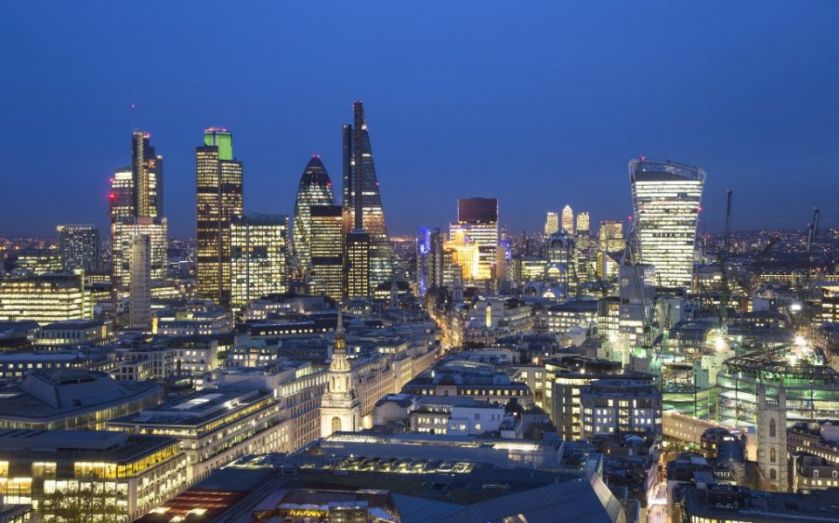Budget 2015: City hit by Google tax and bank levy hike

The government's bank levy will be increased by 0.21 per cent, in an effort to raise £900m, the chancellor announced today.
The measures were being taken so banks "make a bigger contribution to the repair of our public finances", George Osborne said during his Budget speech.
Lenders will also be prevented from offsetting PPI compensation against corporation tax.
"The banks got support going into the crisis; now they must support the whole country as we recover," the chancellor said.
"Let the message go out that those who don't pay their fair share of tax will be penalised."
In a raft of measures aimed at cracking down on "tax avoidance and evasion", he also unveiled the much-anticipated "Google tax", a tax on diverted profits of multi-national companies.
It was a risky choice, considering the Conservatives' dwindling popularity among businesses. Shiv Mahalingham, a transfer pricing economist at Duff & Phelps, pointed out that there was a sense the tax could "start to push foreign direct investment to other European locations".
It remains critical for businesses to establish protocols to track and to demonstrate the non-tax benefits underlying commercial transactions such as revenue growth, access to new markets, improved efficiencies or operational margins. Commercial transactions are not subject to anti-avoidance regulations if the non-tax benefits outweigh the tax benefits. However, tracking non-tax benefits is not easy with additional complications if trying to estimate these benefits in hindsight.”
The government will introduce a new "diverted profits tax" – also known as the "Google tax" next month, while the bank levy will be increased by 0.21 per cent, raising £900m, George Osborne said today.
The chancellor introduced a raft of measures aimed at cracking down on "tax avoidance and evasion", while the share of income tax paid by the top one per cent will rise. Between them, the tax avoidance measures will raise £5bn per year, he said, while a raft of measures against banks will raise a total of £5.3bn.
However, there were signs he was attempting to court votes from businesses, with plans for regional devolution, giving extra powers to the so-called "Northern Powerhouse". Greater Manchester will retain 100 per cent of revenue from increased business rates, while Cambridge will be offered the same powers.
A raft of new infrastructure measures will also be popular among businesses. These included:
- A new rail franchise for the South West
- A deal with Cardiff city on energy
- Government backing for the Swansea tidal power project
- Cuts to tolls on the Severn Bridge
And measures to help the North Sea oil industry, which has been hit by falling oil prices.
- A new tax allowance for North Sea oil producers
- A government-backed survey of oil fields
- £1.3bn of tax cuts